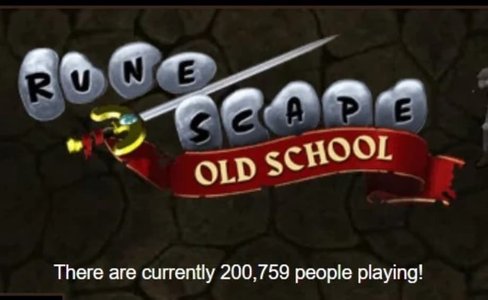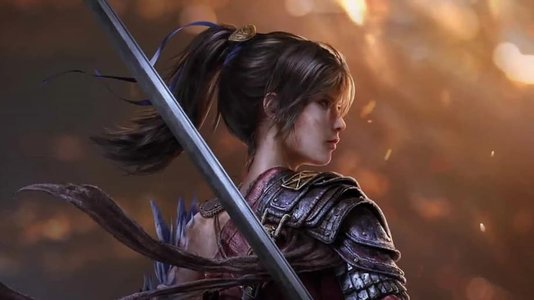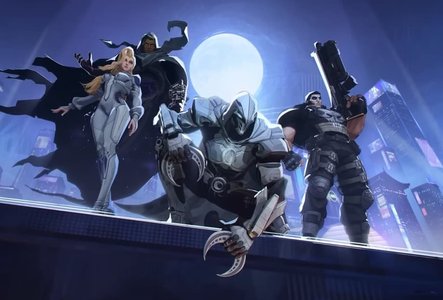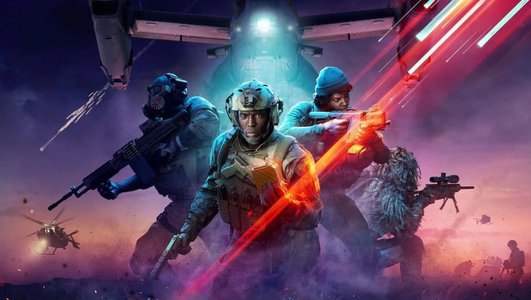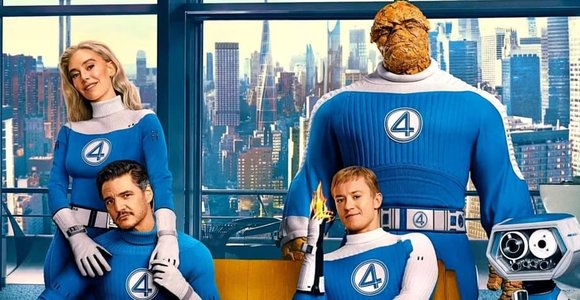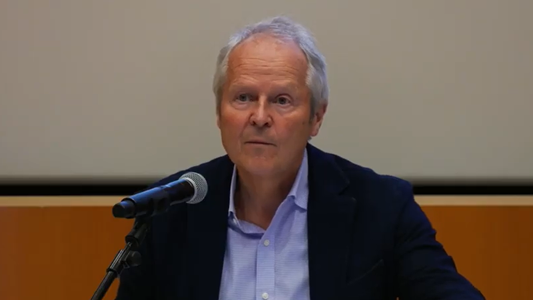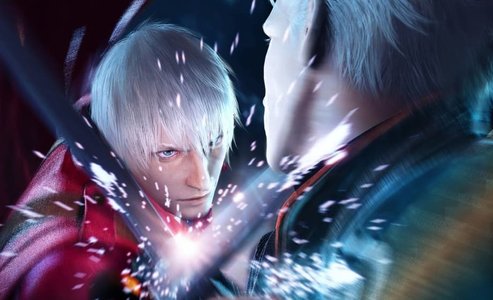Author: by Katie Williams
[This week, our partnership with game criticism site Critical Distance brings us picks from Katie Williams on topics including the "Hey Sweetheart Scenario" in games, and Mass Effect ignoring sexism with its heroine.] Whoa, but that's a lot of words! Our Video Game Criticism update is full of good stuff today, people, so let's get right into it. Firstly, The Mary Sue's Becky Chambers discusses what she dubs the 'Hey Sweetheart Scenario', using Dragon Age as an example of a game whose NPCs treat a female player character as something to be taken aback by. Says Chambers
"If you, as a game writer, are tasked with creating a story in which the player feels like a bonafide hero, then what purpose does it serve to point out that my heroine is going to have to work twice as hard to be taken seriously, purely because of her gender? That's a feeling I already have in the real world, and it's not one that I want to experience within a game. If you've actually got something to say about gender norms within the narrative of a game, then say it. Tacking it on just because it's what you're used to takes away from the integrity of the story and kicks female players right back to an uncomfortable reality."
In contrast to this, Ben Chapman at the Pixels or Death blog has some fascinating insight into gender in the world of Mass Effect in his piece 'Dispatches From the Villain, Fem Shep'. While he admits that he plays his male Shepard as a hero and his female Shepard as a borderline sociopath, he is amazed that his own "accidental misogyny" is not supported by the game world: "… scarcely anyone calls my Fem Shep 'a bitch'. There are virtually no derogatory remarks belittling my capability to fight on account of my virtual boobs. No one makes a sarcastic remark about "my gender" and driving ability when I accidentally ramp the M35 Mako upside down into a crater." At Nightmare Mode, Mattie Brice frankly shares her experience of growing into a transgender identity through the lens of Katawa Shoujo's Hanako. Brice says, "I saw her do something that triggered a muscle memory from my past: She covers her face." Paul Tassi, contributing to Forbes, has some things to say about piracy and the entertainment industry in his article 'Lies, Damned Lies and Piracy':
"I would argue that releasing crappy movies has a far greater effect on the film industry bottom line than piracy ever could. Similar things happen when a hyped TV show bombs or an anticipated game is a letdown. Companies don't rise and fall due to piracy, but they do based on the quality of the products they release. The point I'm trying to make is that piracy is not this mammoth specter killing the entire entertainment industry like they would have you believe. I am not saying that there has never been a dollar or job lost because of it, nor am I encouraging the illegal practice in the least, but the natural ebbs and flows of the industry with big hits and misses are far more significant than minuscule piracy loses among a specific, young, tech-savvy group who knows how to get their media for free."
Over at VG 24/7, Patrick Garratt tours Finland, with some excellent and quality reporting on what he learns of the Finnish development scene. The Border House has picked up an intelligent analysis of 'Analogue: A Hate Story' by our own lead curator Kris Ligman, in which she touches upon topics such as games-as-fun, its modeling on Korean history, and its relation to the Star Trek series. Additionally, Critical Distance contributor Eric Swain is at it again with an examination of Driver: San Francisco, this time looking at it alongside the movie Drive. Most memorable is his comparison of how the two works are firmly anchored in the act of driving:
"Ryan Gosling's character is solely defined as a person by his most potent ability: driving. He has no name, no past, and all the human contact that he has is filtered through driving. The dates that he goes out on? They're night drives. The business ventures that serve as his main means of human contact? They are his job at a garage and stock car racing. He meets his "love interest" by helping her with her car. In an action video game, the protagonist is solely defined by the verb that the player uses to interact with the game. In the case of Driver: San Francisco and John Tanner, that verb is 'drive."'"
At Kotaku, Kate Cox looks at the David Jaffe's blundering self-promotion of his newest game, Twisted Metal, asking us: 'Does David Jaffe Really Recommend His New Game As A Sexual Aid?' Says Cox
No tags.





